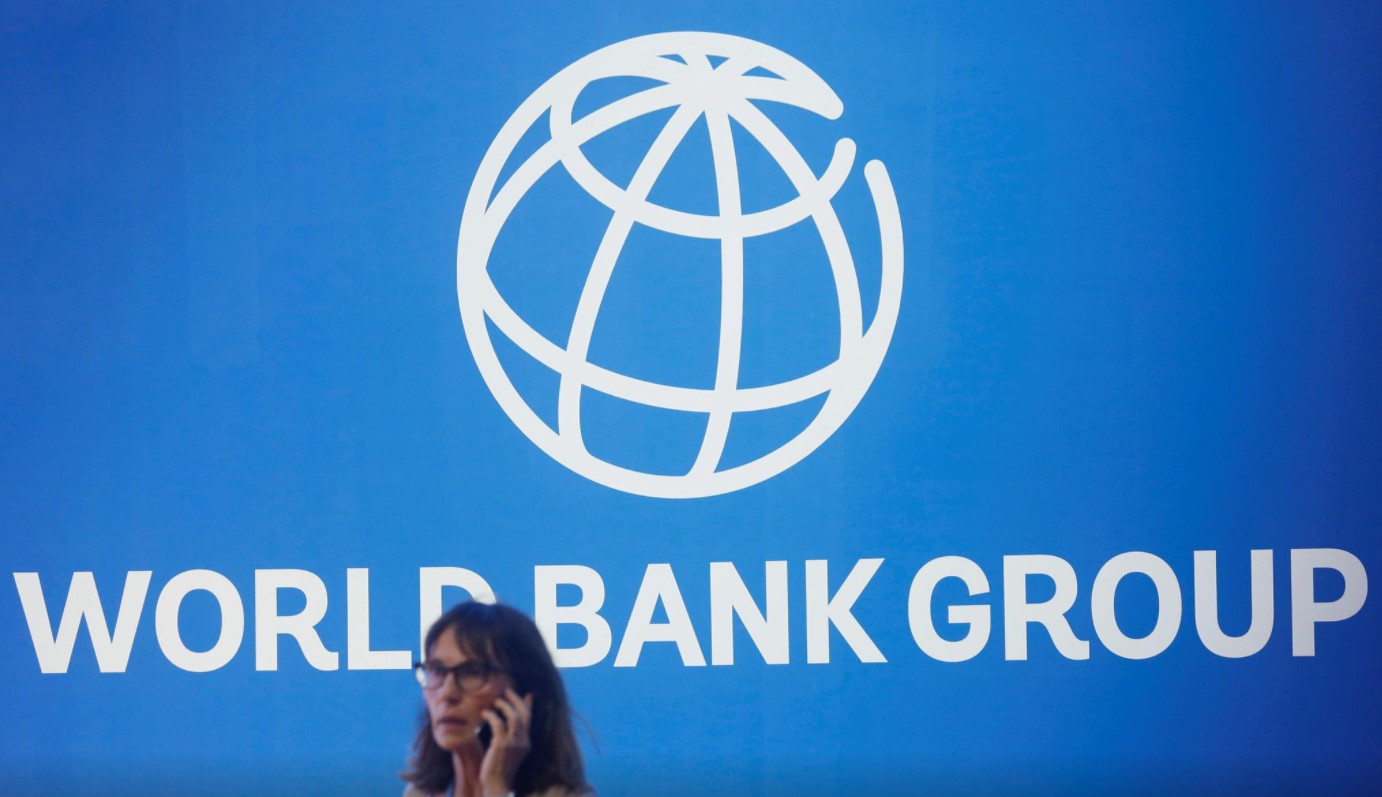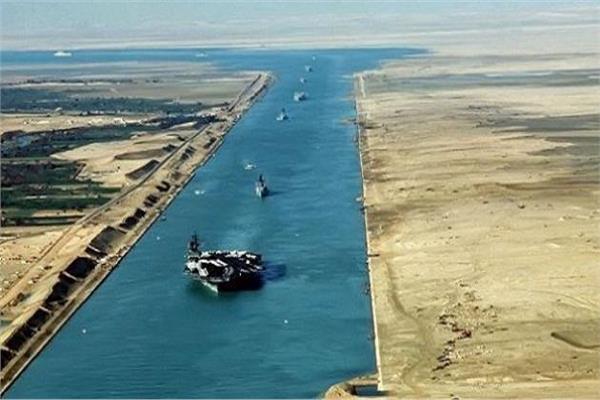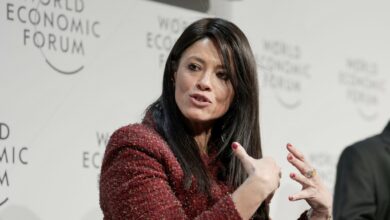
Egypt and the World Bank share a longstanding strategic partnership spanning various sectors, including large-scale infrastructure financing, private sector investment, and technical support across key areas, Prime Minister Mostafa Madbouly said Tuesday, November 11, 2025.
Holding talks with a World Bank delegation at the government headquarters in the New Administrative Capital, Madbouly said the meeting aimed to discuss enhancing cooperation in the WB’s infrastructure programs in Egypt.
The WB delegation included Country Director for Egypt, Yemen, and Djibouti Stephane Guimbert, Regional Director for North and Horn of Africa at the International Finance Corporation (IFC) Cheikh Omar Sillah, and Regional Director for Infrastructure in the Middle East and North Africa Almud Weitz.
Minister of Planning, Economic Development and International Cooperation Rania Al-Mashat also attended the meeting.
Madbouly noted that over the past decade, the government had invested billions of dollars to modernize infrastructure, expanding highways and railways, developing ports and airports, and establishing new logistics and industrial zones.
“We are now reaping the fruits of our significant investments in infrastructure development,” he said. “Without a strong infrastructure base, there can be no progress in other sectors such as industry, energy, and investment.”
The premier highlighted the launch of Egypt’s National Narrative for Economic Development, which aims to maximize the benefits of modern infrastructure as a foundation for industrialization and investment, thereby enhancing competitiveness and encouraging greater private sector participation.
He noted that the World Bank was a key knowledge partner in shaping this narrative, contributing significantly to achieving Egypt’s development goals.
Madbouly also expressed his aspiration to expand cooperation with the World Bank in renewable energy to support Egypt’s targets for increasing clean energy in its power mix, as well as in the water sector, including management, treatment, and desalination projects.
Mashat highlighted that Egypt is one of the World Bank’s largest partner markets in the Middle East and North Africa, with an investment portfolio covering financial services, infrastructure, industry, energy, and logistics.
She said that the Country Partnership Framework (2023–2027) focuses on inclusive growth, private sector development, human capital, and resilience, aligning with Egypt’s national priorities.
Guimbert said the delegation’s visit aimed to explore new opportunities for cooperation with the Egyptian government in infrastructure and energy.
For her part, Weitz said her visit to Egypt included an inspection tour of development projects in Qena funded by the WB under the Upper Egypt Local Development Program.
She praised Egypt’s major achievements in infrastructure, energy efficiency, and electricity loss reduction, expressing her desire to strengthen collaboration in these fields.
Meanwhile, Cheikh Omar Sillah reviewed progress in cooperation with the government on plans to develop, manage, and operate a number of Egyptian airports.




